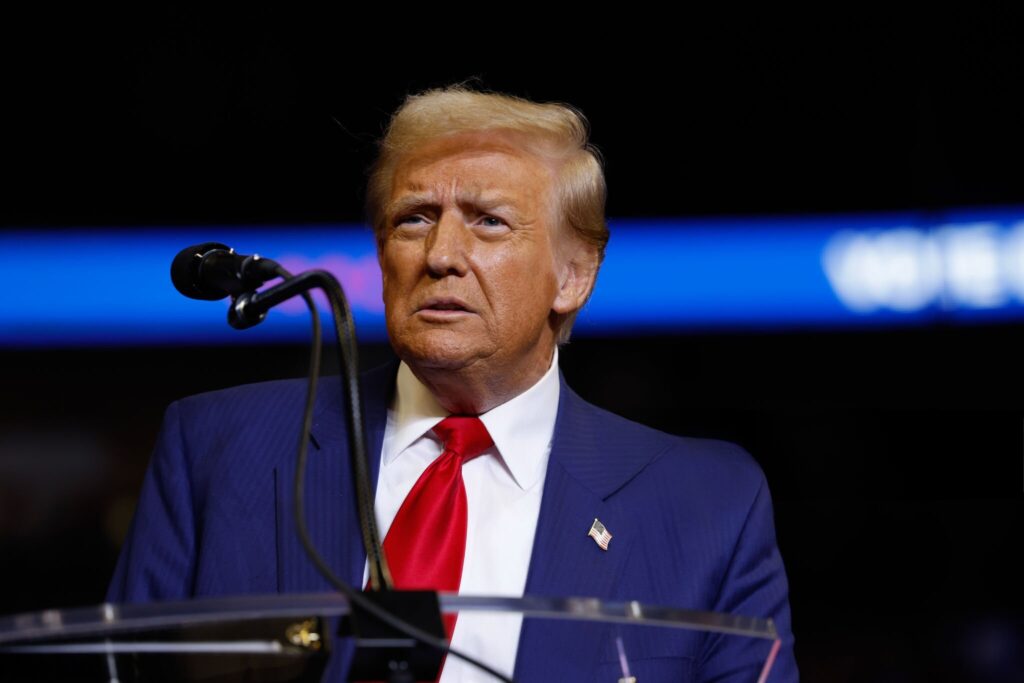A New York judge upheld President-elect Donald Trump’s felony conviction and scheduled sentencing for Jan. 10. Judge Juan Merchan confirmed Trump would face no prison, probation, or fines.
Merchan had earlier agreed to postpone sentencing until after the election. However, he stated there was no legal basis to delay it further. “It is incumbent upon this Court to set this matter down for the imposition of sentence prior to Jan. 20, 2025,” Merchan wrote, emphasizing the need to bring finality to the case.
Sentencing Without Penalty Enables Appeals
Merchan ruled that an “unconditional discharge” was the best resolution, allowing Trump to pursue appeals. Under New York law, this means sentencing without incarceration, fines, or probation.
Trump spokesperson Steven Cheung called the ruling a violation of the Supreme Court’s decision shielding former presidents from criminal charges for actions tied to official duties. Cheung argued that sentencing would obstruct Trump’s transition back to the White House. “This lawless case should never have been brought,” Cheung said, calling for dismissal.
Trump was convicted on May 30 of 34 felony counts for falsifying business records. The charges relate to a hush-money payment to Stormy Daniels before the 2016 election. Daniels claims they had a sexual encounter in 2006, which Trump denies. Manhattan District Attorney Alvin Bragg asserts the payment, made through Trump’s lawyer Michael Cohen, was unrelated to his presidential duties.
Legal expert Mark Zauderer praised the judge’s decision as balancing accountability and fairness. Zauderer noted the conviction, unless overturned, carries lasting consequences. Trump would lose his rights to vote, own firearms, or serve on a jury in New York.
Balancing Legal and Presidential Obligations
After his election victory in November, Trump urged Merchan to dismiss the case, arguing it would interfere with his presidency. Prosecutors voiced concerns about the timing, emphasizing the importance of upholding the jury’s verdict. They proposed delaying sentencing until after Trump’s term or closing the case with the conviction noted.
Merchan reaffirmed the court’s obligation to finalize the case promptly. “Scheduling sentence is a function that remains exclusively within the trial judge’s purview,” he wrote, committing to minimize disruptions while meeting legal requirements.
Trump’s presidency has impacted other legal proceedings. The Justice Department dropped its prosecutions in two federal cases involving Trump. One alleged election interference in 2020, and the other involved mishandling classified documents. Trump has also challenged a Georgia case alleging criminal conspiracy to overturn the 2020 election results.
As Trump navigates these legal challenges, his election victory continues to reshape the context of his criminal cases.
